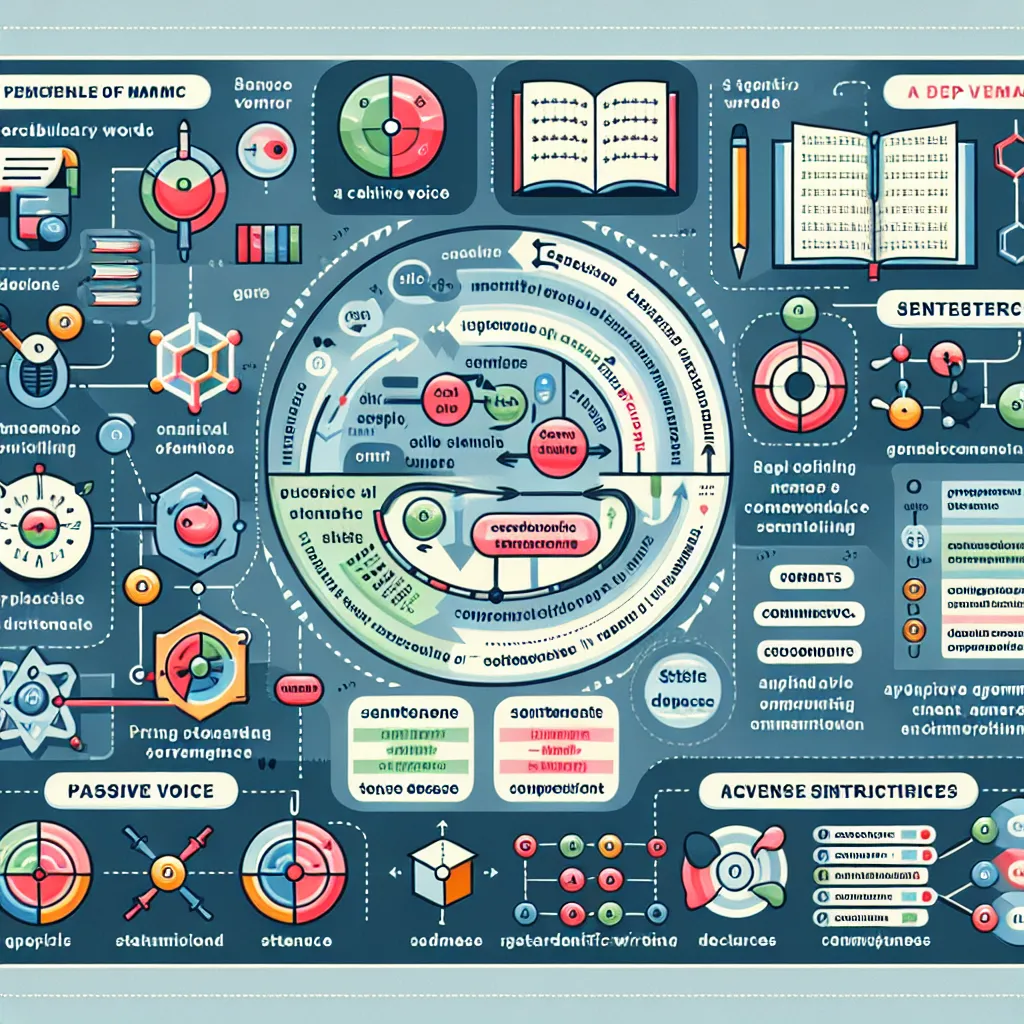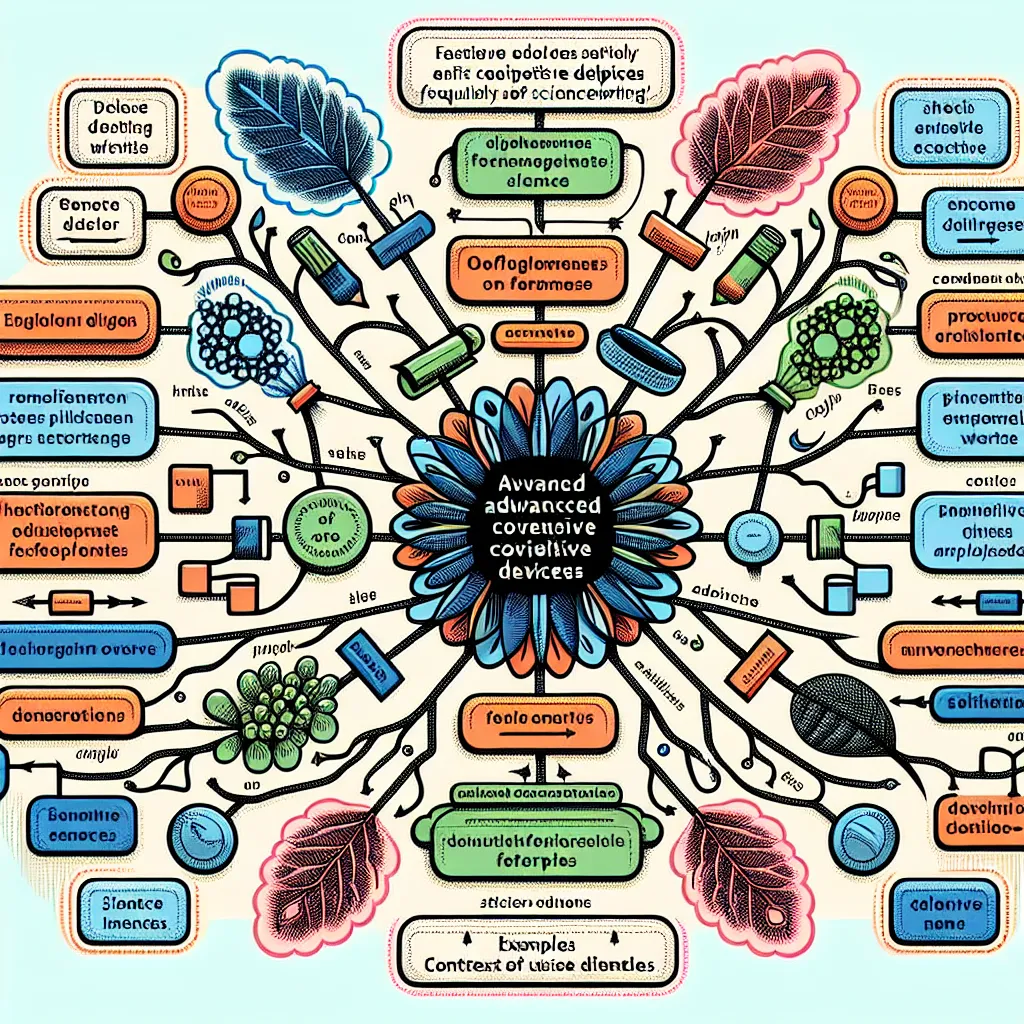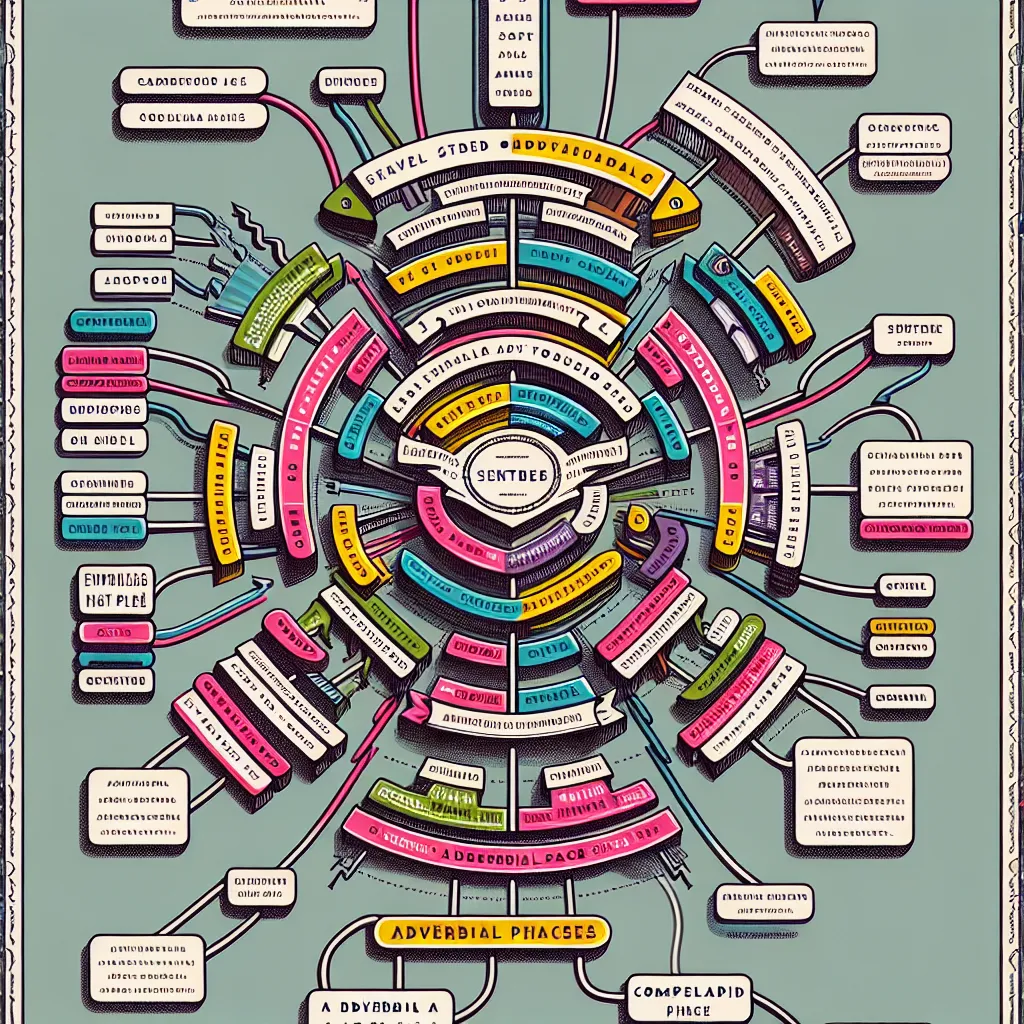Scientific writing demands precision, clarity, and a sophisticated command of language. For researchers, academics, and professionals in scientific fields, mastering Advanced Grammar For Scientific Discourse is crucial. This guide will explore the intricacies of advanced grammar specifically tailored for scientific communication, providing you with the tools to elevate your academic writing.
Understanding the Importance of Advanced Grammar in Scientific Writing
Scientific discourse requires a level of grammatical proficiency that goes beyond everyday English. The ability to convey complex ideas, methodologies, and findings accurately is paramount in the scientific community. Advanced grammar helps ensure that your research is communicated effectively, reducing the risk of misinterpretation and enhancing the credibility of your work.
Key Elements of Advanced Grammar for Scientific Writing
- Precise Vocabulary: Utilizing field-specific terminology and academic language.
- Complex Sentence Structures: Employing compound-complex sentences to express intricate relationships between ideas.
- Passive Voice: Using passive constructions appropriately to maintain objectivity.
- Tense Consistency: Maintaining proper tense usage throughout different sections of scientific papers.
- Cohesive Devices: Implementing advanced transitional phrases and cohesive elements to ensure smooth flow of ideas.
 Advanced Grammar Elements
Advanced Grammar Elements
Mastering Complex Sentence Structures
Scientific writing often requires the expression of complex ideas and relationships. Mastering the use of compound-complex sentences allows you to convey intricate concepts efficiently.
Example:
“While the experiment yielded significant results (independent clause), which were consistent with our hypothesis (dependent clause), further research is needed to confirm these findings across diverse populations (independent clause).”
This sentence combines multiple clauses to present a comprehensive view of the research situation.
Effective Use of Passive Voice
In scientific writing, the passive voice is often preferred to maintain objectivity and focus on the processes and results rather than the researchers.
When to Use Passive Voice:
- Describing methodologies: “The samples were analyzed using spectroscopy.”
- Reporting results: “A significant correlation was observed between variables X and Y.”
- Discussing general scientific principles: “It is widely accepted that climate change is influenced by human activities.”
Maintaining Tense Consistency
Proper tense usage is crucial in scientific writing to accurately represent the timeline of research and established facts.
Tense Guidelines:
- Use present tense for established facts and general truths: “DNA carries genetic information.”
- Use past tense for specific results of your study: “The experiment demonstrated a positive correlation.”
- Use present perfect for literature review: “Previous studies have shown conflicting results.”
Implementing Advanced Cohesive Devices
Cohesive devices are essential for creating a logical flow in scientific writing. Advanced transitional phrases help connect ideas and sections seamlessly.
Examples of Advanced Cohesive Devices:
- “Notwithstanding the aforementioned limitations…”
- “In light of these findings…”
- “Consonant with previous research…”
- “Contrary to expectations…”
 Cohesive Devices in Scientific Writing
Cohesive Devices in Scientific Writing
Precision in Reporting Statistical Results
Advanced grammar in scientific discourse includes the precise reporting of statistical results. This requires a clear understanding of statistical terminology and the correct way to present numerical data.
Example:
“The analysis revealed a statistically significant difference (p < 0.05) between the control and experimental groups, with the latter showing a 27% increase in enzyme activity (95% CI [22%, 32%]).”
Avoiding Common Pitfalls in Scientific Writing
Even experienced researchers can fall into grammatical traps. Here are some common mistakes to avoid:
- Misuse of semicolons and colons
- Incorrect placement of modifiers
- Inconsistent use of abbreviations and acronyms
- Overuse of nominalizations (turning verbs into nouns)
- Ambiguous pronoun references
Strategies for Improving Your Scientific Writing Skills
- Read extensively in your field: Familiarize yourself with the writing style and conventions of leading journals in your discipline.
- Practice regularly: Dedicate time to writing and revising scientific texts.
- Seek feedback: Have colleagues or mentors review your work and provide constructive criticism.
- Utilize writing tools: Use grammar checkers and style guides specifically designed for scientific writing.
- Attend workshops: Participate in scientific writing workshops to refine your skills.
Conclusion
Mastering advanced grammar for scientific discourse is an ongoing process that requires dedication and practice. By focusing on precise vocabulary, complex sentence structures, appropriate use of passive voice, tense consistency, and advanced cohesive devices, you can significantly enhance the quality and impact of your scientific writing. Remember that clarity and accuracy are paramount in communicating your research effectively to the scientific community.
Continue to refine your skills by engaging with high-quality scientific literature and seeking opportunities to apply these advanced grammatical concepts in your own writing. With persistence and attention to detail, you can elevate your scientific discourse to new heights of sophistication and clarity.




